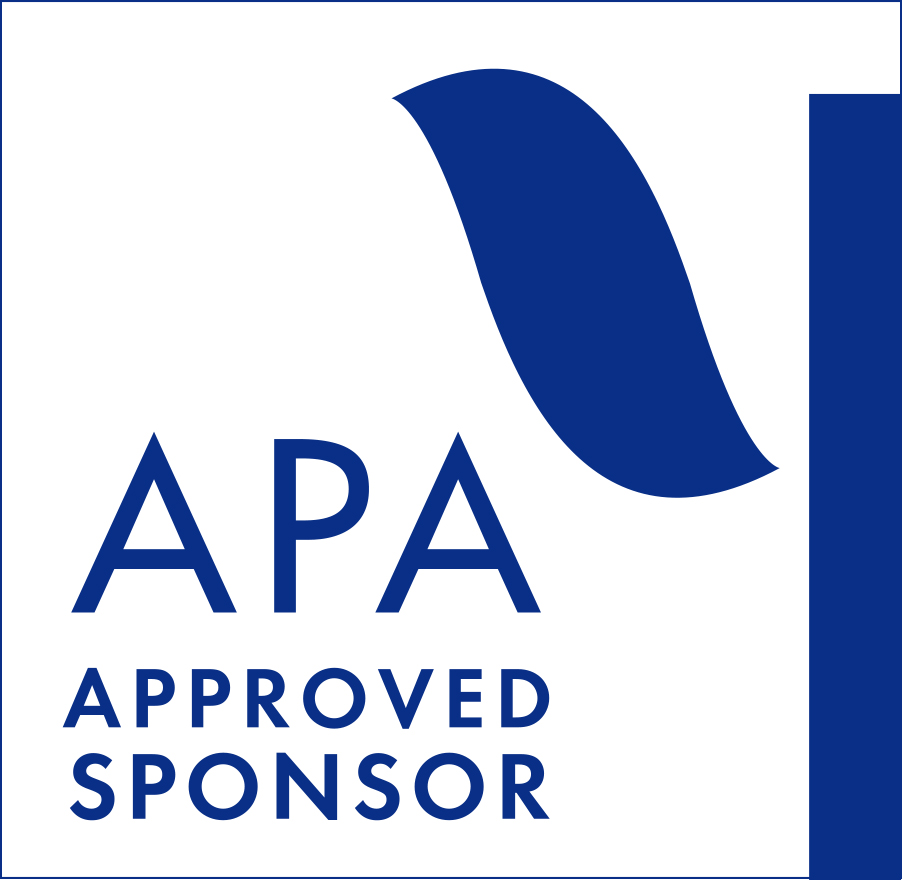Please join us for this continuing education event on zoom Friday February 7th from 9:30 am to 12:30 EST!
Reflecting on the Spoken and Unspoken in Therapy
This workshop series is designed for mid-career therapists seeking to deepen their understanding of anti-oppression frameworks and their application in clinical settings. Participants will engage with concepts of power, privilege, and systemic oppression, exploring their impacts on therapeutic relationships and clinical practice.
Instructor Bio: Rahim Thawer, MSW, RSW 
Rahim Thawer (he/him) is a registered social worker and psychotherapist based in Toronto. He is a clinical supervisor, facilitator, public speaker, sessional lecturer, and organizational development consultant. Currently, he is enrolled in the Doctor of Social Work program at The University of Alabama, where he also teaches in the School of Social Work. He has four books under contract that examine the mental health experiences of sexual and gender minorities—all to be released by Fall 2025. His clinical practice and writing explore the intersection of systemic oppression and mental health along with innovation in queer relationships. You can learn more about his work at affectiveconsult.ca or find him on social media.
Learning Objectives
1. Present a basic framework that defines anti-oppression, privilege, and oppression
2. Explore cases where microaggressions reflect therapist bias
3. Examine specific ways racism, homophobia, and ableism affect the therapeutic alliance and influence the outcomes of therapy
4. Discuss the potential consequences of bias (i.e. misdiagnosis, underdiagnosis, hospitalization, stigma/shame, victim blaming)
Agenda Outline
9:30- 9:40 Welcome and Introduction
9:40- 10:10 Part 1: Power in the Therapeutic Relationship
10:10- 10:40 Part 2: Microagressions and Therapist Bias
Break
10:55- 11:15 Part 3: Consequences of Therapist Bias
11:15- 11:55 Part 4: Transference and Countertransference
11:55- 12:20 Part 5: Consultation
12:20- 12:30 Closing
References
Conover, K. J., & Israel, T. (2013). Development and Validation of the Ableist Microaggressions Scale. PsycEXTRA Dataset. doi: 10.1037/e594072013-001
Drustrup, D. (2019). White therapists addressing racism in psychotherapy: an ethical and clinical model for practice. Ethics & Behavior, 1–16. doi:10.1080/10508422.2019.1588732
Fors, M. (2018). Chapter 2: Dynamics of Power and Privilege. In A Grammar of Power in Psychotherapy (pp. 9–37). Washington: American Psychological Association.
Fromene, R., & Guerin, B. (2014). Talking with Australian Indigenous Clients with a Borderline Personality Disorder Diagnosis: Finding the Context behind the Label. The Psychological Record, 64(3), 569-579. doi:10.1007/s40732-014-0058-3
Hertzmann, L. (2011). Lesbian and gay Couple relationships: When internalized homophobia gets in the way of couple creativity. Psychoanalytic Psychotherapy, 25(4), 346–360. https://doi.org/10.1080/02668734.2011.627141
Hester, H., Gailey, J. A., & Walters, C. (2016). Transforming the Looking-Glass: Fat Women’s Sexual Empowerment through Body Acceptance. In Fat sex: New directions in theory and activism (1st ed., pp. 51–66). Routledge.
Jordan, L. S. (2018). “My mind kept creeping back… this relationship can’t last”: Developing self-awareness of monogamous bias. Journal of Feminist Family Therapy, 30(2), 109–127. https://doi.org/10.1080/08952833.2018.1430459
Tammala-Narra, P. (2016b). Chapter 6: Addressing Social Oppression and Traumatic Stress. In Psychoanayltic Theory and Cultural Competency in Psychotherapy (pp. 139–170). Washington: American Psychological Association.
Taylor, D. M., & Usborne, E. (2010). When I Know Who “We” Are, I Can Be “Me”: The Primary Role of Cultural Identity Clarity for Psychological Well-Being. Transcultural Psychiatry, 47(1), 93-111. doi:10.1177/1363461510364569
The Private Practice Colloquium (PPC) is approved by the American Psychological Association to sponsor continuing education for psychologists. The PPC maintains responsibility for this program and its content. 
Each professional is responsible for the individual requirements as stipulated by their licensing agency. Please contact you individual licensing board /regulatory agency to review the continuing education requirements or license renewal.
Attendees will receive 3 CEs
Accessibility Accommodations: Please reach out to Carla Rosinski at ppcsalem@gmail.com
Conflicts of Interest and Disclosures: There are no conflicts or disclosures for this event.
*Instructors and PPC organizers carefully review a comprehensive list of conflicts and disclosures
Instructors will include any disclosures or state “there are no disclosures” in the presentation materials
Grievances
Full grievance policy is located on the CE policy website page and here